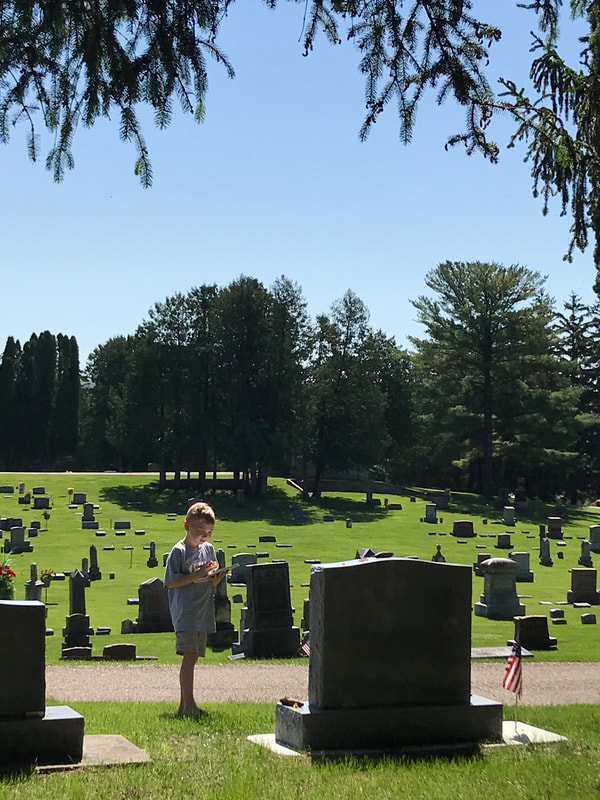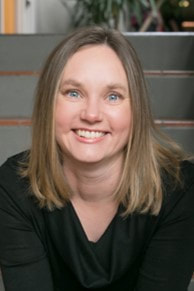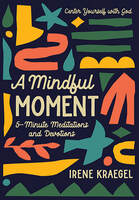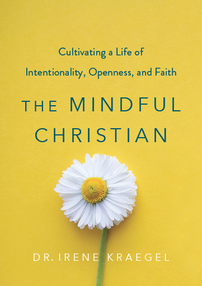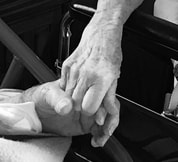 Grief has been on my mind lately. I lost a daughter to stillbirth at 37 weeks. Since that horrible August day in 2008 when Elsa’s heart stopped, so many layers have been added to my life story and I don’t think about her every day anymore. But when I visited a new gyn a couple weeks ago, I was unprepared for the exposure to dozens of pregnant women moving through the waiting room – some alone, some with significant others, some getting ultrasounds to find out the gender of their new little one, some getting unexpected procedures that delayed the start of my own appointment. The grief snuck up from behind and caught me off guard, welling up in my throat and leaking out of my eyes. Suddenly it was hard to breath, hard to see, hard to hope. I didn’t see it coming. My heart hurt, and it hurt for a long time after that. I’ve been missing Elsa. In my church, we’ve grieved many deep losses over the past year, including the death of Luther Ward who served as a founding member of our congregation in 1962 and was still cheerfully telling jokes to anyone who would listen at the back of the sanctuary a few short months ago. At my work, I’ve been guiding a group of students in a therapy group related to the loss of parents and grandparents over the past year – losses that make it so difficult to stay present to their work as students heading into finals week – and the grief in the room is thick and heart-wrenching. And then this weekend, I read Bridge to Terabithia, joining my tears with the millions of readers over time who have been swept up in the loss and pain of the book’s ending (based on a real-life experience of the author’s family). When my grandparents died two years ago, I started a blog post about grief and mindfulness that I never finished. Now that grief is showing up regularly again, I think it’s time. My grandparents both died in 2017. We had always lived far apart from one another. Over my many years of restless moving, they were settled in a quaint little Iowa town that pulled our family back every two years at Christmastime. Those holiday gatherings were nonnegotiable for my grandparents – my grandfather especially – and we found a way to make them work, even near the end when their health was failing. As my grandparents aged, it took me by surprise to recognize the depth of my emotional bond with them. They were often reserved, quiet, stubborn, and fiercely independent. And yet it became clear over time that they had created roots that were also my roots – their abiding faith, their unwavering love for me, and their insistence on consistent family gathering created a foundation for my identity as a loved child of God. A better writer than I could put the power of these roots into words. Suffice it to say that their quiet and deep impact on my life cannot be overestimated. I owe so much of who I am to who they were.  When my grandfather was dying, my husband, young son, and I dropped all of our responsibilities and drove the 8 hours to Iowa to be by his side. I had never watched anyone die before. It was agonizing. He was thirsty, he was uncomfortable, and it was sometimes hard to tell when he was conscious. But in true Granddad style, he was mostly lucid and sweet and funny. The night before he died, he requested steak and strawberry ice cream – not that he was able to eat anything more than ice chips – and by golly, I bought him the most expensive steak in the store, and we grilled it up on the neighbor’s grill, and my husband fed it to him in tiny chunks. That man loved steak and ice cream, right up to the very end. Perhaps my sweetest memory from that time was peeking into my grandfather’s room and catching my six-year-old son sitting at his bedside. With his newly acquired New International Readers Version, and his newly acquired kindergarten-level reading skills, my son was reading Bible verses to encourage Granddad’s spirit – reading in his adorable little-boy voice to my 98-year-old grandfather, a retired pastor, on his death bed. “We will be with him forever,” he read, "so encourage each other with these words of comfort." Later, he learned how to say “First Thessalonians” so he could repeat the reading of this verse at Granddad’s funeral. This experience taught me the power of showing up. I’m not always great at showing up for the difficult, painful, emotionally vulnerable moments of life. Sometimes there’s nothing to say, and sometimes it’s just awkward. Being guarded and absent can feel pretty nice sometimes, or at least pretty numb – oftentimes, I don’t even notice that I haven’t shown up. But going through the dying process with Granddad was a profoundly beautiful experience, both individually and communally. I was so glad I was there. 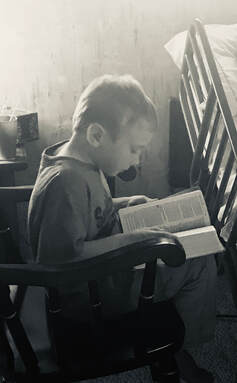 It struck me as we drove home from my grandfather’s funeral service that saying goodbye is best done when we are willing to genuinely say hello to whatever is happening – when we have shown up. I thought of the people who flew across the country on short notice to show up for Elsa’s memorial service after her stillbirth, and how much that meant to me. I thought of our dear friend Bob who openly grieved that loss with us, crying for our daughter and his elderly wife who had died months before as we hugged each other in the farmyard. I thought of the clients I have worked with over the years who have courageously shown up for their own pain and grief, walking through the valley of the shadow of death (Psalm 23) in order to find God with them, in order to find healing. All of this showing up has meant so much to me, has been so enriching, has made life so much better. All this showing up has made the goodbyes (miraculously) beautiful. So here’s where mindfulness comes in. To grieve well, show up. Wherever you are in the process – maybe there’s a loss coming soon, maybe you’re right in the middle of a loss, maybe the loss has already happened (yesterday or sixty years ago). Maybe it’s a death you’re grieving, or an ended marriage, or a devastating diagnosis. But whatever the loss, and wherever you are now, show up to your feelings, to your community, and to the work involved in the loss. Be present. Don’t numb it all out, don’t run away, don’t miss it. As much as you are able, stay present to the loss in all of its pain, receiving God’s kindness and care toward you along the way, and you will find all that you need. As I write this, we are entering the Christmas season. Christmas is filled with memories of my lost daughter, and the six children before her lost to miscarriage. “Bless all the dear children in thy tender care” is not just a children’s carol for me, it’s a prayer that speaks my longing for my kids. And the piles of family photos that come through our mail box pull up old feelings of jealousy and bitterness about the families other people got – feelings that are ugly and painful, not to mention largely irrational. So I practice mindfulness this Christmas season. I will have moments of joy and of sadness, moments of gratitude and of anger, moments of connection and of loneliness. There will likely be times of deep connection with Emmanuel, God with us. (By the way, that’s what we named our first miscarried son - Emmanuel.) And then there will likely be times of spiritual ennui and disillusionment. None of this need be threatening. In the presence of a God who loves us, all feelings are acceptable. All feelings are safe. I choose full presence to my feelings of grief and everything else, knowing that God is also fully present there. Is grief on your mind too? It’s okay – lean in, open up, feel what you feel, as much as you're ready. Showing up goes a long way.
12 Comments
|
Author
I am Irene Kraegel. I am licensed as a clinical psychologist and teach mindfulness on a faith-based university campus. I practice mindfulness because it opens me up to God (a.k.a. brings joy). I am writing here in hopes of sharing some of my experiences and thoughts related to the practice of mindfulness in the life of a Christian. Thanks for reading! Books
Blog archives
December 2023
|
